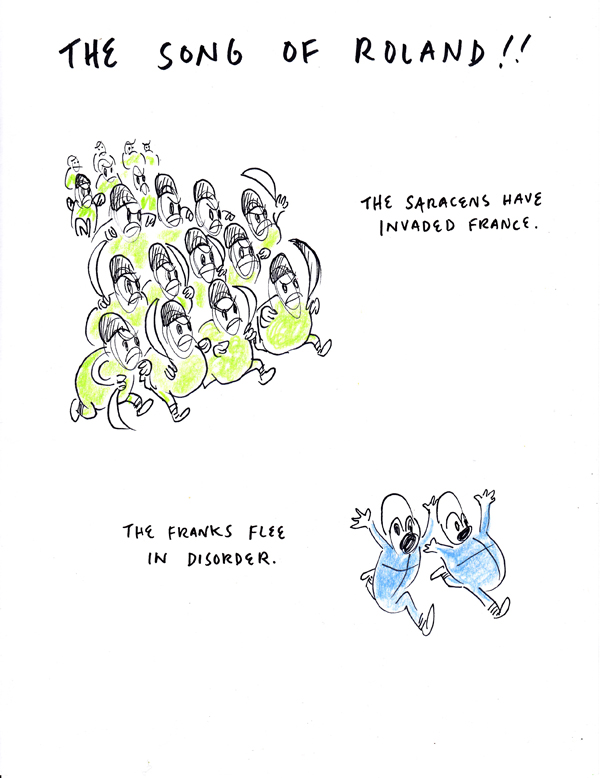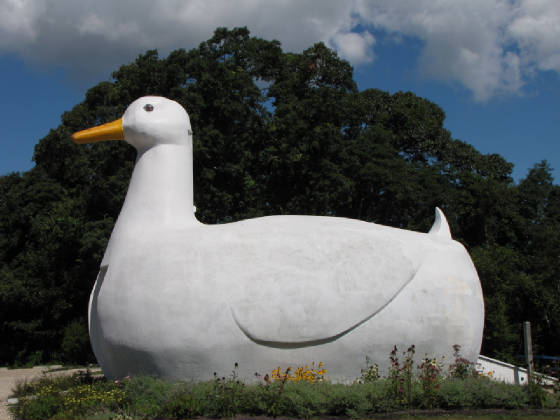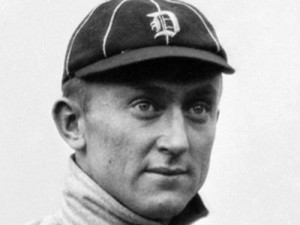Excited forBlack Panther?Watch Disciple of Deokjin Yuk Online So are we. Which is why we're rolling out obsessive coverage withBlack Panther Week.
Long before super-team duo Michael B. Jordan and Ryan Coogler teamed up in the Marvel Cinematic Universe, they did so in Oakland.
The two first joined forces in an indie film turned critical darling called Fruitvale Station, which documented the life of 22-year old Oscar Grant before he was shot and killed by BART police on New Year's Day in 2009. It was a deeply personal, gut-wrenching look at Grant's death, and it gave a face to a polarizing debate about race and authority in America — humanizing one the biggest national discussions of its time.
It's not so different than how Black Pantherseems to fit in with the culture at large in 2018. Black Pantheris being received just as much as a political statement as it is a Marvel movie. Fruitvale Station (2013)operated in the same fashion, just at a smaller scale. And before heading to the movies this weekend to see Coogler and Jordan reunite for their third project, it's worth revisiting their first.
If you missed Fruitvale, which is highly possible if you're not attuned to Bay Area news or if you don't keep up with film festival darlings, it was Coogler's directorial debut that starred Jordan, Melonie Diaz and Octavia Spencer. The film served as a biopic that centered on the day before Grant was shot, shedding light on his relationships, his friends, and his past.
The entirety of the movies focuses on the intimate details of his life, like his relationship with young daughter, or how he'd recently lost his job. It goes so far as to show how he interacts with strangers, like his warm conversations about marriage with a couple he'd just met, or how he runs into the middle of traffic to comfort a dog that'd just been hit by a car.
It all leaves you desperately hoping that the outcome of that day is different. But instead, Coogler — a Bay Area native himself — mixes in bone-chilling reminders of its outcome, like the haunting sound of BART trains whistling on their tracks. Or actual cell phone footage of the incident bystanders captured that night. And it ends with a full depiction of what happened on the train platform before and after shooting, with Coogler piecing together his narrative carefully off public records and news stories.
Oscar Grant's death in 2009 proved to be one of the biggest moments in the debate about police brutality, race, and authority. It sparked sprawling protests throughout Oakland, and became one of the most formative events in that city's recent history. The trial over his death later sparked outrage, some arguing that it made Grant's life a political fulcrum, including Coogler.
"He became this saint or this idol that people held up. He became a rallying cry and a symbol for whatever kind of impressions you wanted to make him a symbol for," Coogler told The Nation in 2013. "And the other side has demonized him. He’s a criminal. He’s a thug. He got what he deserved. Personally, he’s not either one of those things. I feel like what was getting glossed over was the fact that this 22-year-old guy didn’t make it home to the people that he mattered to most."
That's what Fruitvale Station did well so effortlessly. It boiled the ethos of the culture surrounding it and contextualized it. Unintentionally, Fruitvaledebuted on July 12, 2013, which so happened to be the same weekend in which a neighborhood watch volunteer named George Zimmerman was acquitted in the killing of Trayvon Martin, who himself was also a young, unarmed black man.
Fruitvale's release was never meant to be a direct response to that decision, but it didn't need to be. It added a human face to political difference, and it showed you the complex emotions at stake. The same ones that boiled up over, and over, and over again. In many ways, it was exactly the type of film that moment in time needed.
The same could be said about Black Panther,just in a different way. The ties between the two definitely are similar, even if both plots couldn't be any different (Coogler even adapted Jordan's character, Erik Killmonger, to be from Oakland instead of Harlem). Coogler calls this film his his most personal film to date; it just so happens to also be his biggest.
“I wanted to explore what it means to be African,” Coolger told WIREDof the film's upcoming release. “What it means to be African-American and what that means in the larger context of colonization. These are things I have been grappling with my whole life, and this was an opportunity to explore them through a film that could be different to anything else I’ve done.”
Black Pantheris not propaganda, but the cultural moment it exists in is in dire need of heroes of color. You could call it a superhero film, but it feels more like a mainstream, re-examination of race in a time where the political debate around it has never been more contentious. And that might just be what those watching it need right now.
Featured Video For You
Watch Hugh Jackman transform into Wolverine in the gym
Topics Marvel




